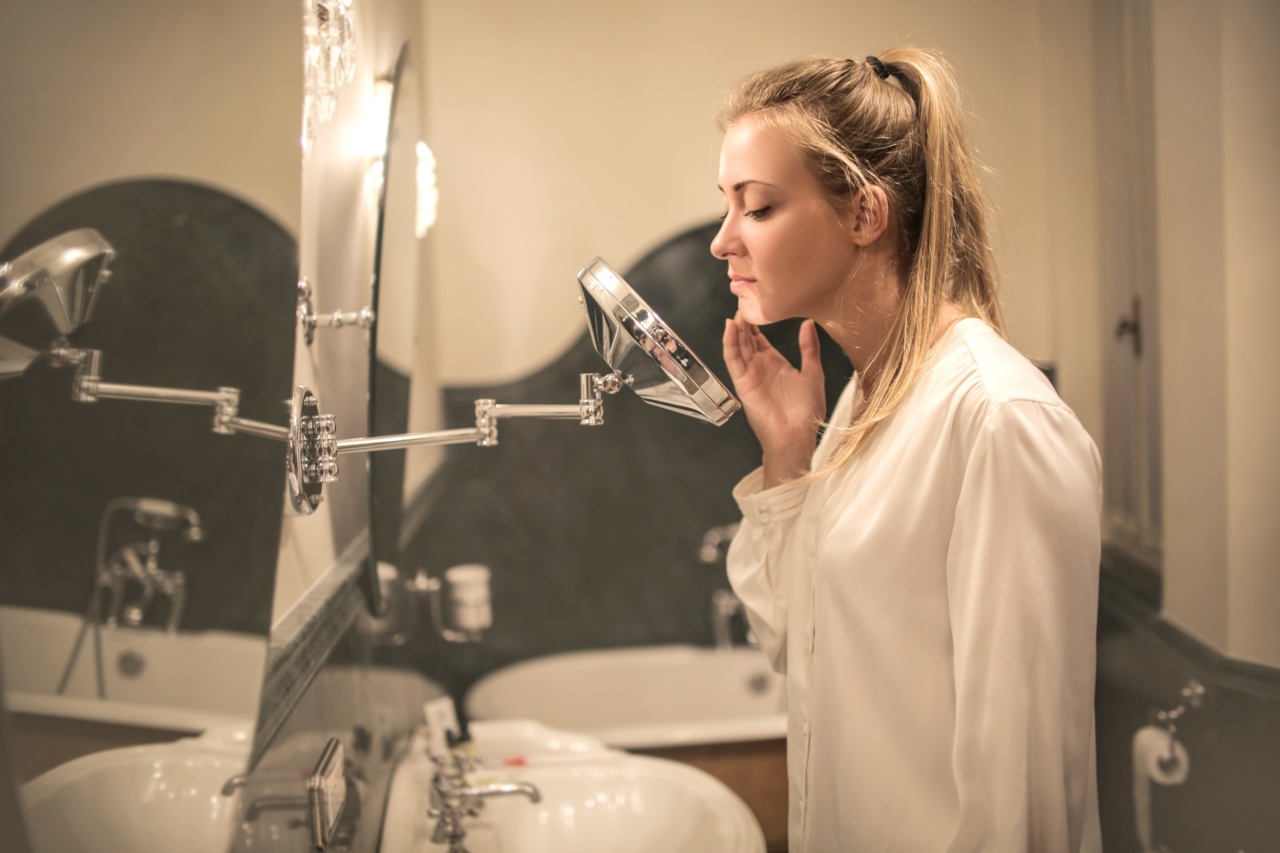Acne is a skin condition that affects millions of people around the world. It can be frustrating to deal with pimples, blackheads, and whiteheads that seem to keep coming back.
Fortunately, there are many ways to clear up acne and achieve clear, radiant skin.
Cleanse Your Skin Regularly
The first step to achieving clear skin is to cleanse your skin regularly. You should aim to wash your face twice a day, using a gentle cleanser that is suitable for your skin type.
If you have oily skin, you may need to use a cleanser that contains salicylic acid or benzoyl peroxide to help reduce oil production and prevent breakouts. If you have dry skin, you should look for a cleanser that is hydrating and gentle.
Moisturize Your Skin
Many people with acne-prone skin believe that they should avoid moisturizing their skin because it will make their acne worse. However, this is not the case.
Moisturizing is an essential step in any skincare routine, as it helps to keep your skin hydrated and healthy.
If you have oily or acne-prone skin, you should look for a lightweight, oil-free moisturizer that won’t clog your pores. If you have dry or sensitive skin, you may need a richer, more hydrating moisturizer to keep your skin soft and supple.
Exfoliate Your Skin
Exfoliating your skin is an important step in any skincare routine, as it helps to remove dead skin cells and unclog pores. However, you should be careful not to over-exfoliate, as this can irritate your skin and make your acne worse.
You should aim to exfoliate your skin once or twice a week, using a gentle scrub or chemical exfoliant. If you have sensitive skin, you may need to use a milder exfoliant to avoid irritation.
Avoid Using Harsh Products
Many acne treatments contain harsh ingredients that can irritate your skin and make your acne worse. If you have sensitive skin, you should be especially careful when choosing acne treatments.
You should avoid using products that contain ingredients like alcohol, fragrances, and sulfates, as these can be drying and irritating to your skin.
Instead, look for products that contain gentle, non-irritating ingredients like salicylic acid, benzoyl peroxide, and tea tree oil.
Eat a Healthy Diet
What you eat can have a significant impact on the health of your skin. Eating a diet that is high in refined sugars and carbohydrates can cause your blood sugar to spike, which can stimulate oil production and lead to breakouts.
You should aim to eat a diet that is rich in fruits, vegetables, lean proteins, and whole grains. These foods are packed with nutrients that can help to nourish your skin and keep it healthy.
Stay Hydrated
Drinking plenty of water is essential for maintaining healthy, radiant skin. Water helps to flush toxins out of your body, which can help to reduce inflammation and prevent breakouts.
You should aim to drink at least 8 glasses of water a day, or more if you are particularly active or live in a hot, dry climate.
Get Enough Sleep
Getting enough sleep is critical for maintaining healthy skin. When you sleep, your body repairs and regenerates your skin cells, which can help to reduce inflammation and prevent breakouts.
You should aim to get at least 7-8 hours of sleep each night. If you have trouble sleeping, try practicing relaxation techniques like meditation or deep breathing, or talk to your doctor about sleep aids.
Manage Stress
Stress can be a significant contributor to acne and other skin conditions. When you are stressed, your body produces cortisol, a hormone that can increase oil production and lead to breakouts.
You should aim to manage your stress levels through activities like exercise, meditation, or yoga. You may also want to talk to a therapist or counselor if you are experiencing chronic stress or anxiety.
Visit a Dermatologist
If your acne is severe or persistent, you may need to visit a dermatologist for additional treatment.
A dermatologist can prescribe medications like retinoids, antibiotics, or hormonal therapies to help manage your acne and improve the health of your skin.
Overall, achieving clear, radiant skin is possible with the right skincare routine, healthy habits, and professional treatment if necessary.
By taking good care of your skin and making healthy choices, you can say goodbye to acne and hello to beautiful, glowing skin.






























